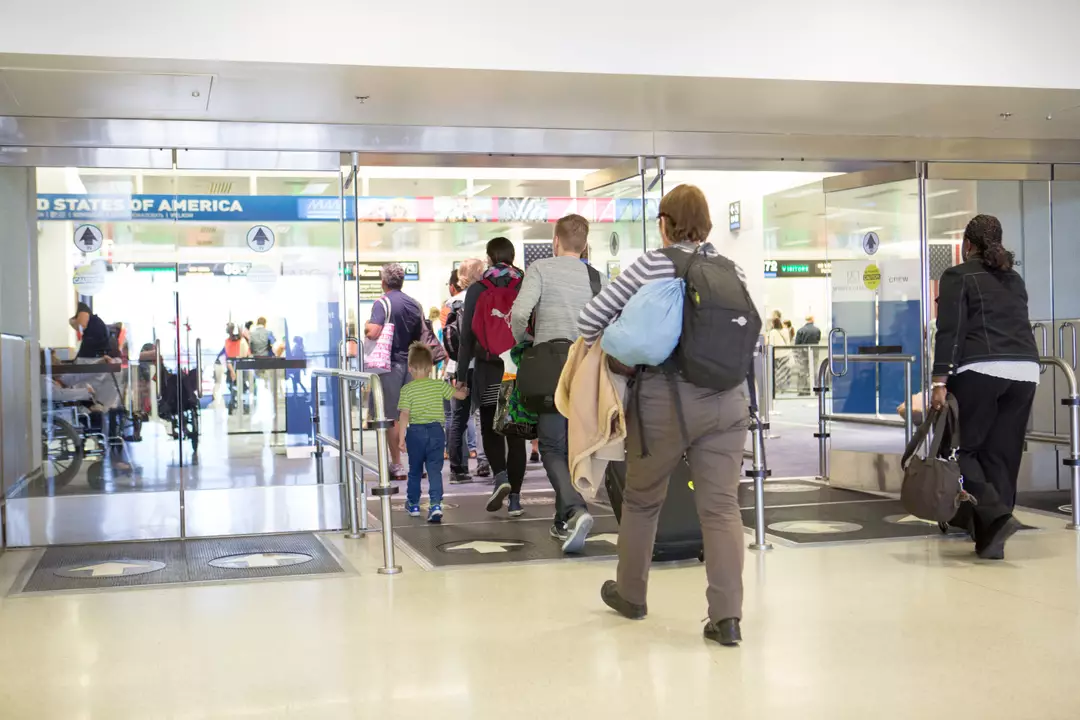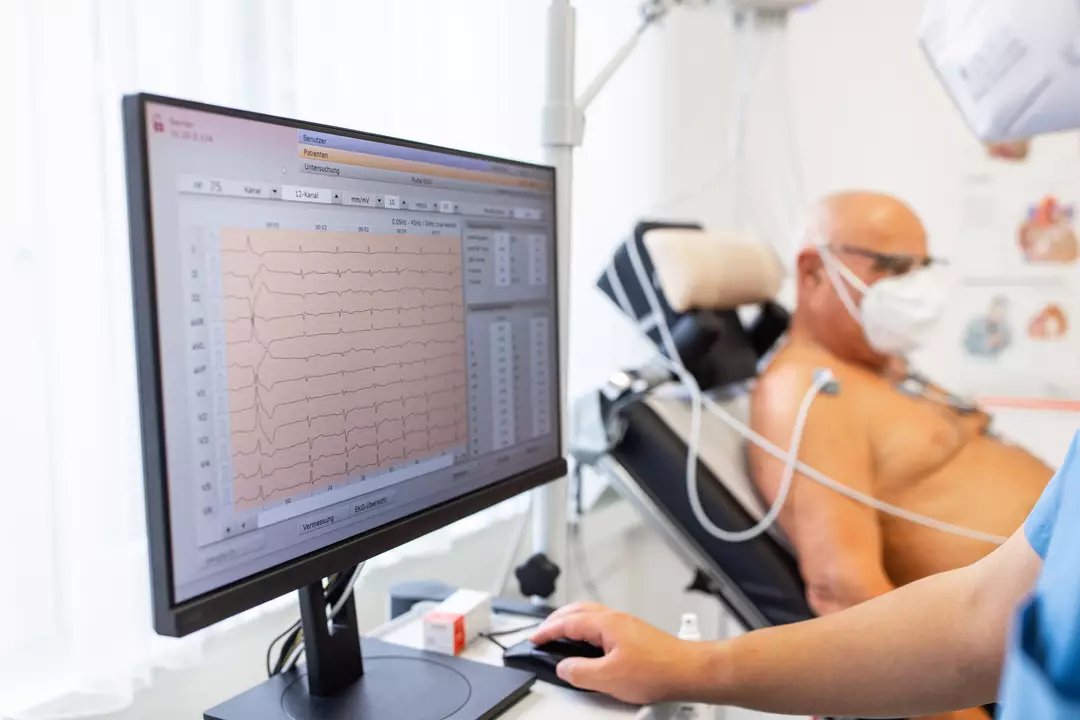Individuals with prevalent health conditions may face visa denials when trying to enter the US due to a new directive issued by the Trump administration to embassies and Border Patrol officers.
Critics have labeled the new rules an ‘obesity ban,’ as they might prevent millions from entering the US based on common illnesses, such as diabetes or migraines.
The goal of the new guidelines is to reduce legal immigration to the US by providing more reasons for officials to deny visas. This could impact both tourists and those seeking permanent residency.
Dr. Donald Grant, a senior clinical advisor at The Independent Pharmacy and a community doctor with four decades of experience, explained that the banned conditions could affect hundreds of millions worldwide, many of whom already take extra travel precautions for health reasons.

The new instructions state: “You must consider an applicant’s health. Certain medical conditions – including, but not limited to, cardiovascular diseases, respiratory diseases, cancers, diabetes, metabolic diseases, neurological diseases, and mental health conditions – can require hundreds of thousands of dollars’ worth of care.”
Although health screening has been part of the visa process, these new standards significantly broaden its scope.
Dr. Grant discussed each category of health issues that could lead to a visa denial, the number of travelers who might be impacted, and how they can safeguard their health while traveling.
Cardiovascular disease is the top cause of death in the US for all sexes and ethnicities.
According to Dr. Grant: “Over 500 million people worldwide are estimated to live with cardiovascular disease. Common types include coronary heart disease, peripheral arterial disease, and aortic disease.
“Travelers with cardiovascular disease should take extra precautions, such as staying hydrated, wearing compression stockings, and remaining active during long flights. They should also carry adequate medication and prescription labels in their hand luggage.”

For those with respiratory diseases, consulting a physician before traveling is wise, as travel-related changes might worsen their condition.
“Global estimates suggest over 450 million people have some form of respiratory disease,” said Dr. Grant. “Common types include chronic obstructive pulmonary disease (COPD), asthma, and infections like pneumonia.”
Those with respiratory conditions should make careful travel plans to manage their illness and avoid complications.
“Consulting a doctor before travel is crucial. Those needing oxygen therapy should notify the airline in advance for special arrangements,” he advised.
“Air quality, temperature, and humidity can all affect symptoms, so these factors should be considered during travel.”
Diabetes, a widespread metabolic issue, can be hereditary or environmental. While manageable through diet and monitoring, travelers with diabetes also risk being denied entry to the US.
Dr. Grant highlighted the prevalence of such conditions: “About 25 percent of adults worldwide have some form of metabolic disease. Common types include type 1 and type 2 diabetes, obesity, and metabolic syndrome.”
Travelers with diabetes should consider meal times, physical activity, and time zones, as these can affect blood glucose levels.
Dr. Grant emphasized the importance of carrying medication: “It’s essential to have medication and insulin in hand luggage for easy access. Insulated travel cases can protect medication from extreme temperatures.”

Many tourists with cancer embark on trips to destinations like Walt Disney World in Florida, but they might now face extra challenges.
Cancer affects many, some of whom manage the disease to live normal lives. However, due to health treatment costs, travelers could be refused entry.
Dr. Grant advised on precautions: “The WHO estimates one in five people will experience cancer in their life. Common types include breast, lung, and colorectal cancer.”
“Before traveling, cancer patients should consult their doctor to ensure they are fit to travel, especially those undergoing treatment like chemotherapy. Destinations with limited medical care should be avoided, and necessary documentation and medications should be carried.”
Neurological conditions, including migraines, Parkinson’s, and dementia, are part of Trump’s directive affecting visa eligibility.
Travel can worsen these conditions, so those affected need to take extra care during trips.
Dr. Grant explained: “Neurological conditions impact over 43 percent of the world’s population. Migraines are common, but conditions like epilepsy, dementia, and strokes are more severe.”

“Consulting with medical professionals is key for assessing travel readiness. Factors like disrupted sleep and stress can heighten seizure risks for those with epilepsy, while fatigue and heat sensitivity impact Parkinson’s patients.”
In conclusion, Dr. Grant suggested practical advice for travelers with health issues: Planning is essential.
He said: “Preparation is crucial for those with serious health conditions. Consulting a doctor, carrying enough medication, and having a doctor’s letter are vital steps.”
“Travel insurance should cover pre-existing conditions and possible hospital stays. Keep emergency contact details handy in case of an emergency.”

